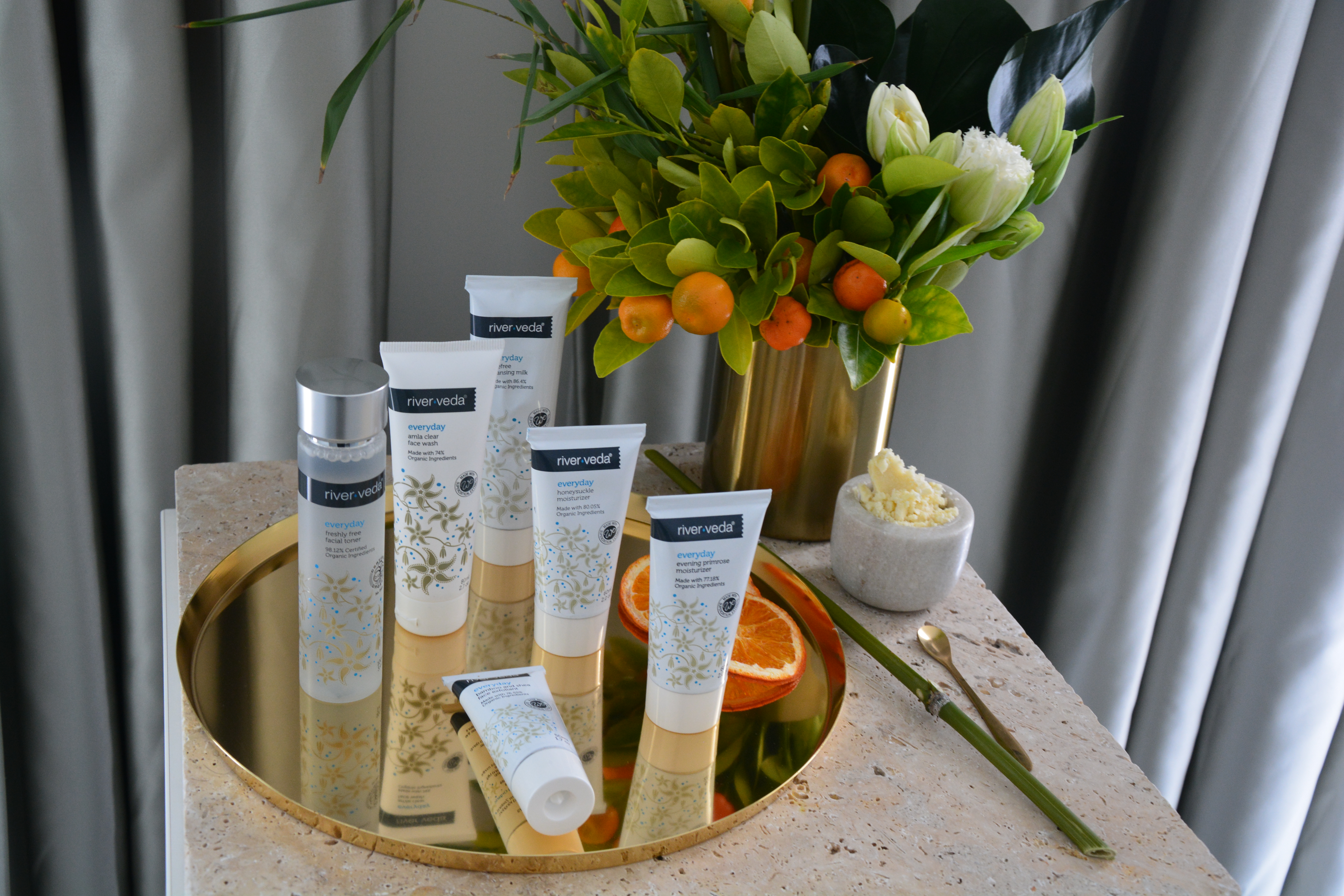A few months back I asked you all if anyone had any tips to share, on how to stop Jaw Clenching when sleeping as I’d wake up with severe pain in my jaw & teeth from clenching & grinding all night long. It’s getting so bad, that I can actually see my masseters (jaw-muscles) are getting more & more prominent because I’m building more muscle from the non-stop clenching all the time. Something that I’m, of course, doing subconsciously, and in particular in my sleep.
I know a lot of people struggle with the same issue and some are lost as to why they’re experiencing this and even what to do about it to alleviate the pain.
So, let’s look at what it is, what it stems from and how we are able to possible treat it.
What is TMJ & Bruxism?
TMJ or The temporomandibular joint (TMJ) is commonly known as the ‘jaw joint’. It’s where the lower jaw connects to the base of the skull. The position of this joint is located in front of the ears. It can be felt by opening and closing the jaw, while gently pressing this position.
TMJ causes pain in the jaw joint and surrounding muscles. It can cause pain or locking in one or both hinge joints (temporomandibular joints). These joints are located between the lower jaw and the temporal bone.
TMJ can also cause an aching or throbbing pain and feelings of tenderness in or near the ear, jaw, and face. Chewing food may increase feelings of pain. Chewing may also produce a clicking sound or grinding sensation.
Then there’s Bruxism. Or also known as Teeth Grinding. There are two types of bruxism — one where you clench your teeth while awake — awake bruxism — and one where you clench and grind your teeth at night, termed sleep bruxism. Often, daytime teeth grinding occurs when you are under stress, experiencing anxiety, or it may be simply a bad habit.
Sleep bruxism, on the other hand, is considered a sleep-related movement disorder, classified similarly with restless legs syndrome and periodic limb movements.
What are some of the causes to TMJ & Bruxism?
Researchers have found a direct relationship between the presence of an anxiety disorder, and the onset of bruxism & TMJ, indicating that anxiety can cause the hallmark symptoms of clenching, teeth grinding and gnashing.
There is also evidence that suggests some people may begin grinding their teeth as a natural response to pain. These episodes may be temporary. This typically subsides when the pain or discomfort is relieved.
The causes of teeth grinding & TMJ may be caused by one of the underlying factors below:
- Sleep apnea
- GERD (reflux)
- Anxiety
- Depression
- Unresolved anger or frustration
- Stress
- Abnormal alignment of upper and lower teeth
- Certain psychiatric medications and antidepressants
- Ear Infections
- Injuries or fractures to the jaw joint
- Autoimmune Disorders
How can TMJ & Bruxism be treated?
1. Occlusal Splint Therapy:
Occlusal splints are one of the most widely accepted treatments used to treat bruxism. More commonly known as a mouthguard. They’re used to relieve pressure from the jaw joints and teeth and are mainly worn at night. The purpose of the splint is to keep your teeth apart, resulting in the muscles relaxing and less tension being generated. They also protect your teeth from damage caused by grinding, as they protect the teeth surface.
2. Alignment Correction:
If the problem is caused by improper alignment of the teeth, correcting the alignment, before too much damage is done, is a great long-term option. A dentist or orthodontist may recommend using braces, crowns, oral surgery, or reshaping the chewing surface of the teeth to make the teeth align properly.
I recommend Dentist Dr. Luke Cronin in Sydney
3. Botox Injections:
Cosmetic injections administered directly into the masseter muscles can relax the muscles. The treatment generally needs to be repeated every 5-6 months, in order to gain optimum results and to best manage ongoing bruxism. Muscle relaxation treatments can be a highly effective alternative to occlusal splint therapy in patients that have difficulty sleeping wearing a mouth guard or simply don’t like wearing it.
I recommend consulting with Laser Clinics Australia Bondi Junction if you’re considering this.
4. Stress Management:
To stop grinding teeth when you are suffering from stress or anxiety requires you to learn to manage and release your stress. Techniques like regular physical exercise, meditation, yoga and essential oils can be very calming & soothing for stress. Of course, a healthy, balanced diet is also important, and avoiding any foods that may trigger an allergic reaction is vital.
5. Magnesium:
A couple of the common signs of a magnesium deficiency include anxiety, irritability, insomnia, restlessness and hyperactivity. Adults can take 400 milligrams of a high-quality magnesium supplement OR use a Magnesium Sport Spray on the jaw before bed to improve the quality of sleep.
I recommend Abundant Natural Health Magnesium Sport Spray
6. Vitamin C:
As a compliment to stress management techniques, boosting your intake of vitamin C can be beneficial when learning how to stop grinding your teeth. Vitamin C is used by our adrenal glands, affecting our response to stress. It is also essential in the making of dopamine, which helps to regulate moods.Vitamin C rich foods include guava, black currants, red peppers, kiwi, green peppers, oranges, strawberries, papaya, broccoli and kale.
7. Heat Packs:
Heat packs applied to the area can sometimes provide temporary relief of symptoms. This heat therapy treatment will help relax the jaw muscles, as it’s the muscle contraction that causes jaw pain.
8. Kinergetics:
Kinergetics combines healing energy and Kinesiology (muscle testing). By relaxing the jaw muscles, the temporomandibular joint (TMJ) is correctly reset. Over 80% of the electrical messages from the brain to the muscles and back to the brain are affected by the TMJ. Even a fractional imbalance of the jaw muscles may cause confused electrical messages to the other muscles.
I recommend Alexis Hamer in Sydney.





Botox injections help me but i have to get them every 6 months. I was actually thinking of trying Advanced Ultrasound Therapy MMFU (HIFU) in addition to botox this time as i still feel that ‘fatty’ feeling around my jaw and lower face even though it doesnt feel as tense anymore waking up. Would like to know your thoughts on this and if you felt like your experience with this therapy has helped jawline slimming?
xx
Hi Mary. That’s great to hear. I’ve actually had HIFU on my jaw, but I don’t think it helped my jaw-clenching as I’m still very much having trouble with it x
A specialist TMJ physio has helped me A LOT with reducing the pain and relaxing the muscles. She also does dry needling which helps. I’ve read it can take years to correct and eventually the body builds a pseudo layer to cover the joint. I’ve seen a specialist dentist about the splint but haven’t committed yet. Also doing a lot more stretches and massages to help tension in the upper back, shoulders and neck which I think has a flow on effect to my jaw